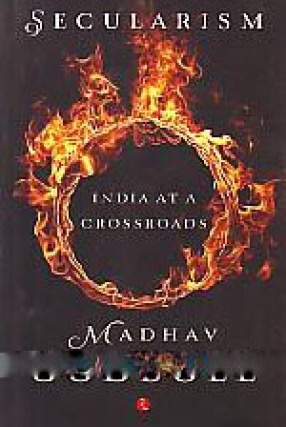
Showing all 6 books

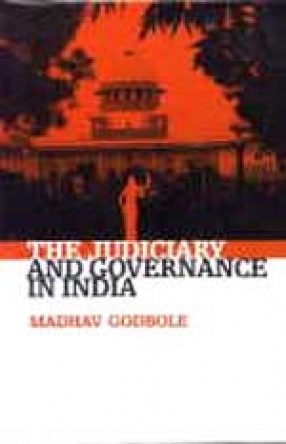

For the first time since Independence, India is at a crossroads of secular and Hindu Rashtra (nation) ideologies. The Constitution of India is ambivalent about secularism, pandering to the demands of both the majority and minority communities. The founding fathers could not even agree on calling the Constitution ‘secular’. The word ‘secular’ became a part of the Preamble only during the ‘Emergency’. There is no consensus yet on ...
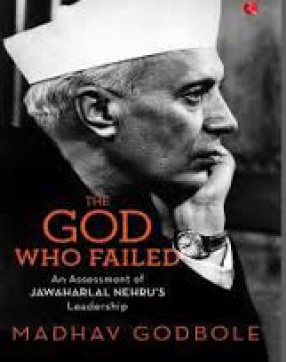
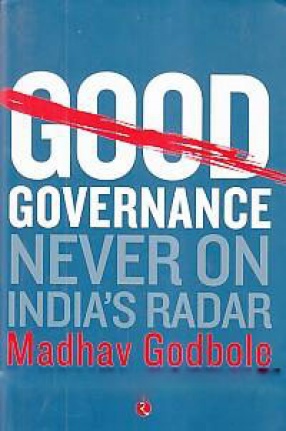
The book argues that over the decades since India’s independence, good governance has never been a salient feature of political life. It makes an attempt to examine diverse areas and aspects of public life such as corruption, crony capitalism, the rule of law, secularism, institutional integrity and freedom of expression and points out that changes in policies can bring about a marked difference in the manner of governance. A thought-provoking work, it ...
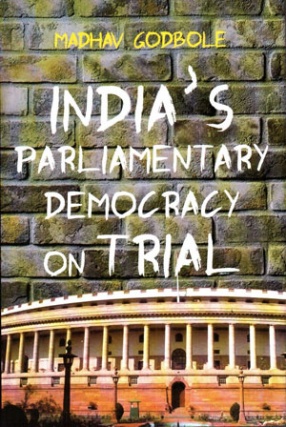
India is the world’s most vibrant and stable democracy. This is largely because of Nehru’s vision and firm commitment to parliamentary democracy and his carefully nurturing of it in the formative years. But there is a widespread disenchantment in the country today about parliamentary democracy. Nehru had described the parliament as the highest temple of democracy and the grand inquest of the nation. However, over the years it has been marginalized, ...

Absolute power is an anathema to our constitution, even if it is to be wielded by the judiciary. But, India is witnessing a very unusual phenomenon, not visualised by the founding fathers of the constitution, of judiciary becoming not just the central pillar but the only pillar of our democracy. No great wisdom or foresight is necessary to see the instability and unsustainability, of this architectural marvel. The Indian judiciary, which is the world's ...
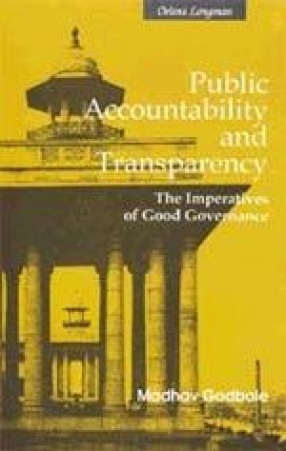
This book looks at the concepts of public accountability and transparency—the two critical prerequisites of good governance. Covering a wide range of institutions—governmental and non-governmental—the percepts of public accountability and transparency are examined in the wider context of parliamentary institutions and their procedures and practice, electoral reforms, the executive wing of the government, the corporate sector, the cooperative sector, the ...
